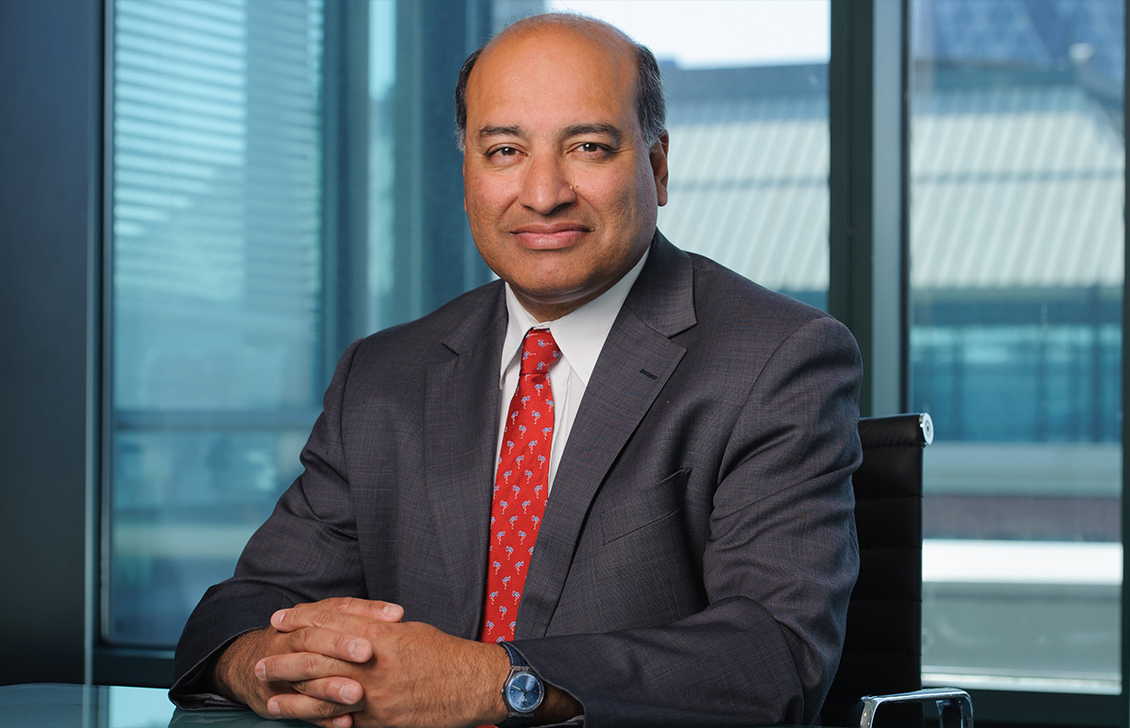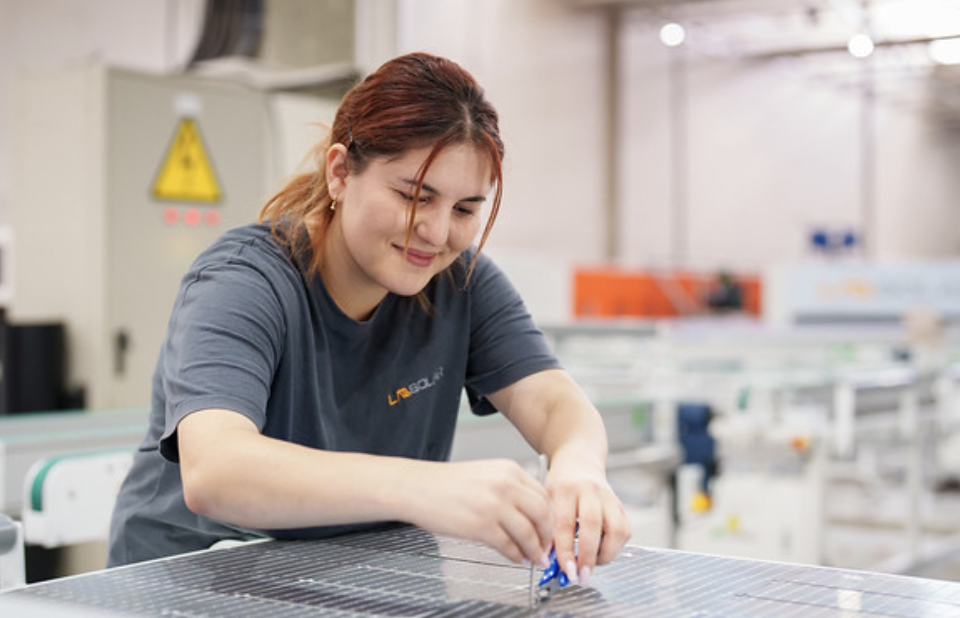Former EBRD President Sir Suma Chakrabarti

Sir Suma Chakrabarti was the sixth President of the European Bank for Reconstruction and Development (EBRD). Sir Suma served two terms as President, having been elected to the posts by the EBRD’s Board of Governors in 2012 and again in 2016.
During his tenure at the EBRD, Sir Suma led the expansion of the institution’s geographical focus to the Middle East and placed greater stress on its less advanced countries of operation. While continuing with its private sector focused mandate, Sir Suma led the EBRD’s advocacy for market-friendly policy reform, better governance and improved investment climates, engaging personally with the political leaders of the EBRD’s countries of operation and the CEOs of private sector clients.
Under Sir Suma’s presidency, the EBRD moved centre stage among the multilateral development banks (MDBs) in delivering the Sustainable Development Goals. At the same time the EBRD continued to deliver strongly in its core areas of infrastructure and energy, municipal services, industry, commerce and agribusiness, and through support for financial institutions, SMEs and larger private sector and state enterprise clients.
Sir Suma also led the drive for EBRD to become the leading MDB in the field of the green economy, to do much more to support women in business and the labour force, to channel more support to excluded groups and regions, and to integrate refugees into local economies.
Under Sir Suma, the EBRD business model proved flexible and responsive to different geo-political and economic contexts, including the economic crisis caused by the coronavirus pandemic.
During Sir Suma’s tenure, the membership of EBRD grew significantly to 71 shareholders, with both recipient and non-recipient countries becoming members. China and India joining were particularly notable as their arrival at the Bank as shareholders ensured all the major G20 countries were represented on its Board.
Sir Suma also led a very significant change management process within the EBRD during his eight years as President. Management quality improved and the leadership cadre is today much more diverse, both in terms of gender and nationality.
Such modernisation contributed to the EBRD achieving record investment and near record profit levels in 2019, the last full year of Sir Suma’s leadership.
Before becoming President of the EBRD, Sir Suma had a successful career in the United Kingdom civil service and was Permanent Secretary (most senior civil servant) at the Department for International Development (2002-2007) and the Ministry of Justice (2007-2012).
Before leading these two Ministries, Sir Suma worked at the UK Cabinet Office and Treasury, where he led a new focus on results-based public service reform by creating the system of Public Service Agreements, which defined the outcomes the state was expected to deliver.
Sir Suma’s earlier career was in international development, starting as a ODI Fellow in Botswana in the early 1980s, and encompassing a range of economic and administrative posts in the Overseas Development Administration (DFID’s predecessor) in London and in the UK office at the World Bank and IMF.
After studying Politics, Philosophy and Economics at the University of Oxford, Sir Suma took a Masters in Development Economics at the University of Sussex. He also holds honorary doctorates from the Universities of Sussex, East Anglia, and the Bucharest University of Economic Sciences.
Sir Suma was knighted in 2006 for his work in international development.
Sir Suma was born in 1959 in West Bengal, India, and moved to the UK when he was five. He is married and has a daughter.



